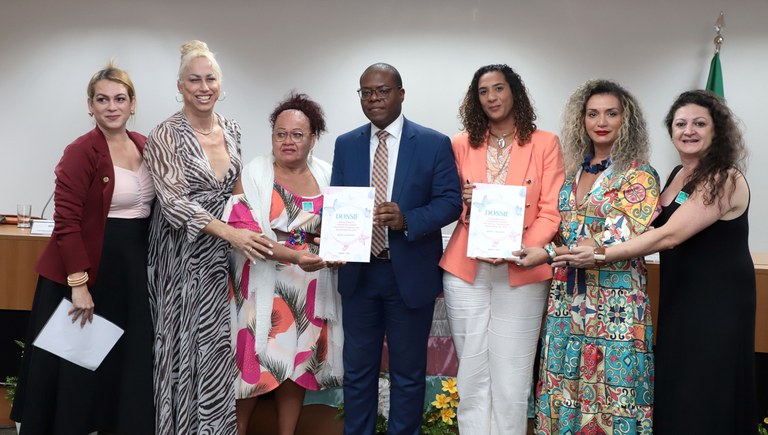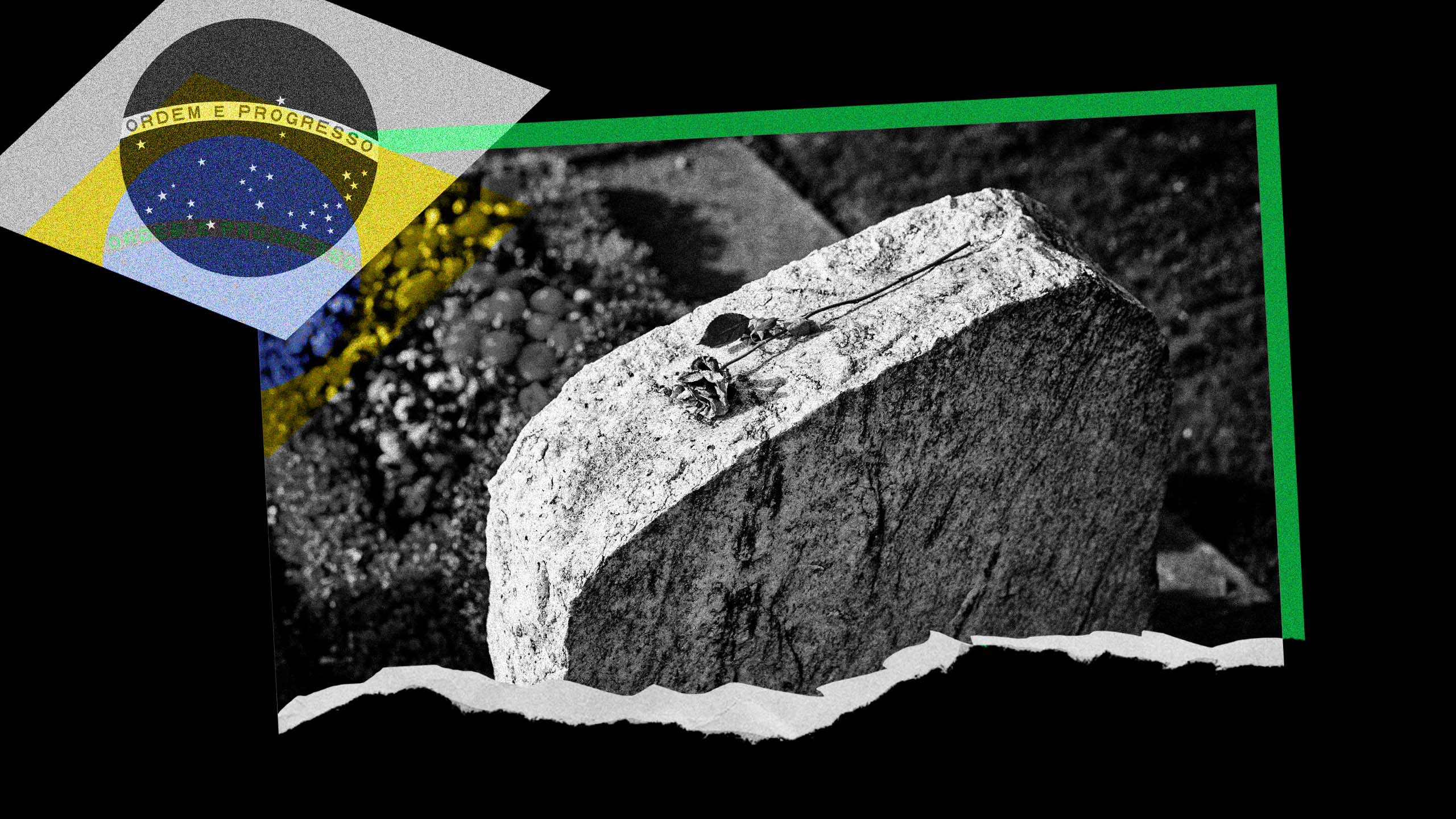As Brazilian president Lula da Silva regains control of the country from his authoritarian predecessor Jair Bolsonaro, a new report from an LGBTQ+ rights watchdog is providing insight into the homicides of queer people across Brazil.
According to Grupo Gay da Bahia (GGB), at least 242 queer and trans people were violently killed in the South American country last year, which equates to one person every 34 hours.
Luiz Mott, a retired anthropology professor and gay rights activist in Northern Brazil, is the founder of GGB. The organization and its team of volunteers have been collecting and disseminating information about the violent deaths of LGBTQ+ people in Brazil since 1980.
Mott explains that the number of queer people killed in 2022 dropped by 12 percent, compared to the previous year. Despite this, he claims that Brazil is still facing a crisis as the country with the highest number of queer and trans people murdered worldwide.
Mott blames former President Jair Bolsonaro’s litany of misogynistic, racist and homophobic comments as factors that have led to heightened tensions.
“The Bolsonaro government was the most homophobic in Brazilian history,” Mott explains. “He has said several times that he is homophobic and that he would rather have his son dead than gay.”
Although data on hate crimes against queer and trans people is scarce and remains a major global problem, on Jan. 26, members of Brazil’s National Association of Transvestites and Transsexuals (ANTRA) delivered the results of their own report to the country’s newly inaugurated minister of human rights and citizenship, Silvio Almeida. Their report claims that in 2022, at least 131 trans people were murdered in Brazil.
In a statement released later that day, Almeida addressed the situation by saying, “If we do not have the decency to change this reality, then we do not deserve to be a country.”

Credit: Ascom/MDHC/Clarice Castro
In 2019, six of Brazil’s 11 supreme court judges voted to criminalize acts of homophobia and transphobia in a move that was welcomed by many of the country’s progressive champions, like trans congresswoman Erika Hilton. But some critics say not enough has been done to enforce the legislation.
“Our opinion is that this is very alarming data, it is not new, it has been growing every year,” Brazil’s national secretary for the rights of LGBTQ+ people, Symmy Larrat, says. “We feel that in recent years this has been worsening, because even though we have won … the criminalization of transphobia via the Federal Supreme Court, the past government did nothing to regulate this decision or to collaborate with public security and justice officials so that these cases are denounced, judged and processed.”
According to Larrat, the country’s criminal justice bodies need to adopt a tougher approach to help address the violence. She says it starts by enforcing the law, following through with criminal charges and creating an environment where queer people feel safe enough to report these incidents to authorities.
The reports from GGB and ANTRA come just days after Thainara Faria, a 28-year-old bisexual lawmaker from São Paulo, told the public that she feared for her life after receiving racist and homophobic threats.
On Jan. 21, Faria tweeted a screenshot of an email she received, which threatened a massacre at a conference that she was attending for LGBTQ+ leaders in Latin America.
“I had to leave Brasilia escorted because I received a death threat. The most serious since the beginning of my public life,” Faria tweeted. “The authorities have been notified and I’m in a safe place.”
In response to the threat, officers patrolled the conference venue, and organizers increased private security. An investigation by Brazil’s justice and public safety ministries is ongoing, but the situation has left some feeling uneasy.
“People who stand up to confront discrimination and inequalities have frequently been threatened in past years, and violence has disproportionately affected LGBTQ+ people, in particular young people, women, people of African descent and persons from the peripheries,” Marta Hurtado, a spokesperson of the United Nations Human Rights Office said in a statement to Xtra.
“The country also needs to ensure safe, informed and inclusive space for social and political participation, including online,” she added. “The UN Human Rights Office welcomes the new government’s clear commitment to rebuild human rights agendas and reverse the backsliding of recent years.”
According to the UN, at least 9.3 percent of the total Brazilian population identifies as LGBTQ+, which equates to more than 19 million people. In comparison, Canada is home to about one million people who identify as members of the LGBTQ2S+ community. Despite this sizable population, advocates like Gustavo Coutinho, president of the Brazilian Association of Lesbians, Gays, Bisexuals, Transvestites, Transsexuals and Intersex people, say discrimination and violence is still a problem, but they’re holding on to hope that President Lula’s new progressive government will usher in a new era for queer Brazilians.
“Political violence against LGBTQ+ people is a situation that has grown [under] the Bolsonaro government,” Coutinho explains. “We are hopeful and breathing easier, but this new government is a broad coalition with a lot of right-wing representatives, so we need to be careful.”


 Why you can trust Xtra
Why you can trust Xtra


